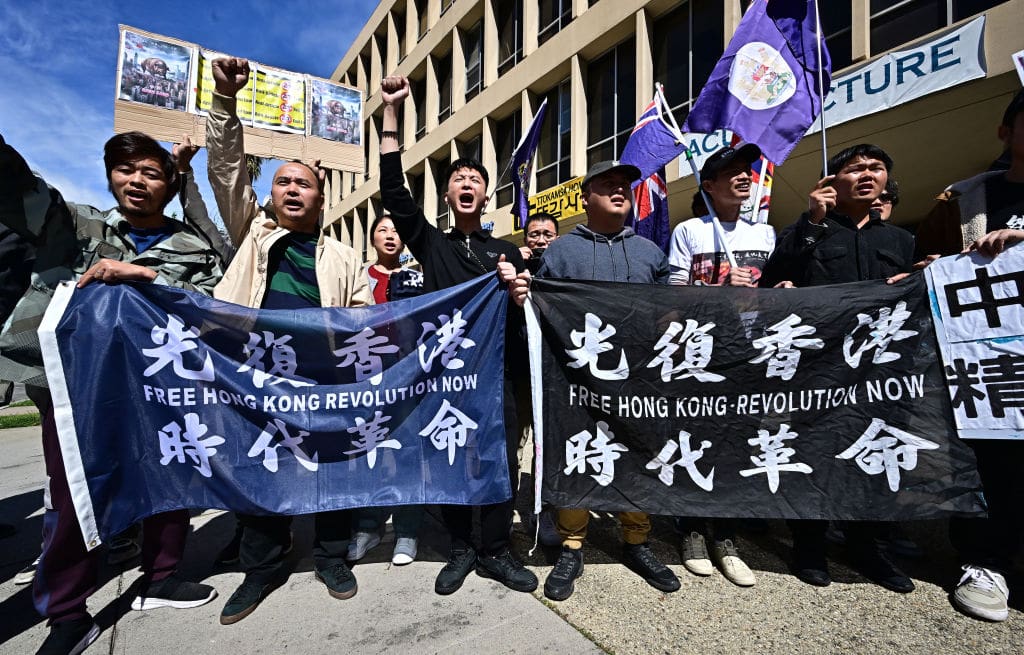
On September 6, 2024. the U.S. Departments of State, Treasury, Commerce, Agriculture, and Homeland Security jointly issued an amendment to the July 2021 Business Advisory on Risks and Considerations for Businesses Operating in Hong Kong.
This update comes at a time of deepening and expanding repression in Hong Kong since the March 2024 passing of the Safeguarding National Security Ordinance (SNSO) under Article 23 of the Basic Law.
The advisory will help ensure that U.S. entities engaged in Hong Kong are informed of the unfolding implications of Article 23 and encouraged to review existing due diligence efforts to avoid complicity in violating the human rights of the people of Hong Kong. According to Hong Kong census data, 1,273 U.S. companies were operating in Hong Kong in 2023 (third highest behind mainland China and Japan).
Similarly, the 2023 State Department bilateral fact sheet notes the U.S. “remains one of the largest sources of foreign direct investment stock.” This financial footprint underscores the need for the U.S. government to not only regularly advise and consult with the business community on human rights risks and implications for continued operation, but to also review and amend all bilateral agreements with Hong Kong government agencies and offices to reflect realities of this repressive environment.
Passing the HKETO Certification Act
The U.S. House of Representatives’ passing of the HKETO Certification Act on September 10, is an encouraging next step that Amnesty International USA encourages the Senate to pass. The initial 2021 Business Advisory followed the imposition of the dangerously vague and overbroad 2020 National Security Law (NSL). Since then, Amnesty International has documented the rapid deterioration of human rights and closure of civic space as the Hong Kong government increasingly aligns with mainland interpretations of “national security” to justify the censorship, harassment, arrests, and prosecutions of citizens for exercising their expression, assembly, and association rights. As of August 29, the U.S. Consulate General in Hong Kong and Macau is tracking the cases of 247 people arrested, 137 people and organizations formally charged, and 107 people found guilty of various “national security” offenses under the NSL and SNSO.
The updated advisory highlights the Hong Kong authorities’ intention to apply SNSO to Chinese and non-Chinese citizens extraterritorially. In July 2024, Amnesty published an in-depth analysis of the effect of every offense under Article 23 on both Chinese and non-Chinese citizens, including 23 offenses that could have extraterritorial effects on Chinese citizens, 10 offenses that could have extraterritorial effects on foreign nationals who hold Hong Kong residency status, and six offenses that apply to everyone, everywhere, regardless of citizenship or where the relevant acts took place. These extraterritorial effects underscore the urgent need for comprehensive U.S. legislation on transnational repression.
As the U.S. continues to call for Chinese authorities to “respect Hong Kong’s promised high degree of autonomy,” the government should urge Chinese and Hong Kong authorities to repeal Article 23 and all laws that violate human rights in accordance with their international obligations.
